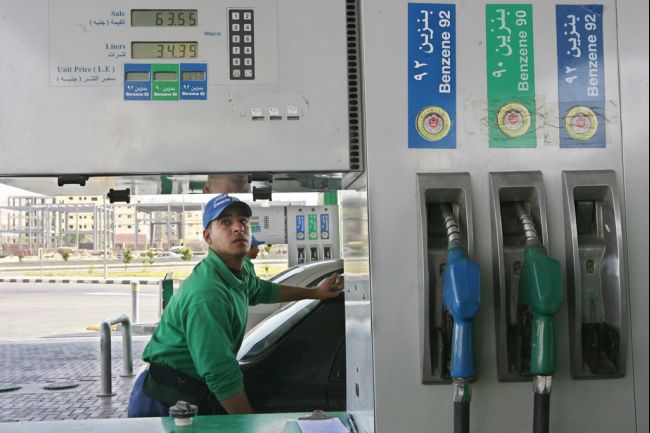Mamdouh Raslan, chairperson of the Holding Company for Water & Wastewater (HCWW), told Daily News Egypt that the new water tariff will reduce debts, construct new projects, and implement renovation plans.
Egyptian authorities decided to lift the prices of drinking water by up to 46.5%, the official gazette said on Saturday, to be implemented starting with May 2018 water bills.
The government decided to raise the price of drinking water for domestic use to 65 piastres per cubic metre, instead of 45 piastres in the first consumption category which consumes 0-10 cubic metres, 160 piastres instead of 120 piastres per cubic metre in the second category—11-20 cubic metres—and 225 instead of 165 piastres for the third category—21-30 cubic metres.
Moreover, the fees became 275 piastres per cubic metre of consumption in the category which consumes up to 40 cubic metres, and 315 piastres for the highest category, which consumes more than 40 cubic metres.
Raslan added that the price hikes were fuelled by the increased production cost of water, including electricity, oil, and establishing new plants, explaining that the cost to output 1 cubic metre of water is over EGP 2.5, and hence, the state is still subsidising water for citizens.
The increase in water prices will certainly affect consumption. The increase in water prices will encourage citizens to ration their usage. The first and second categories will not be affected by the increase in prices, said Raslan, adding that those who own gardens and swimming pools will be greatly affected.
Furthermore, he pointed out that any upcoming price increase in production input will fuel new water tariff increase.
He explained that there is a deficit in the HCWW, due to the increased cost of service, while the water tariff is very low. He said that, recently, inputs for water production saw price increases, and thus, it was necessary to raise prices since the state’s subsidies for the HCWW are not enough.
As a result, Egypt signed an agreement with the European Union (EU) under the European Neighbourhood Policy. Accordingly, the Egyptian government is committed to an annual increase in the tariff of drinking water for commercial and household uses. By 2019, all water subsidies will be lifted.
Furthermore, the cabinet decided a unified tariff for the border provinces of Sinai, the Red Sea, and Matrouh at 13 piastres.
The decision also included an increase in the prices of water for non-household purposes, so that services would pay EGP 3.3 instead of EGP 2, the government would pay EGP 3.4 instead of EGP 2.2, commercial activities EGP 3.6 instead of EGP 2.4, and industrial activities would pay 4.55 instead of EGP 3.35.




